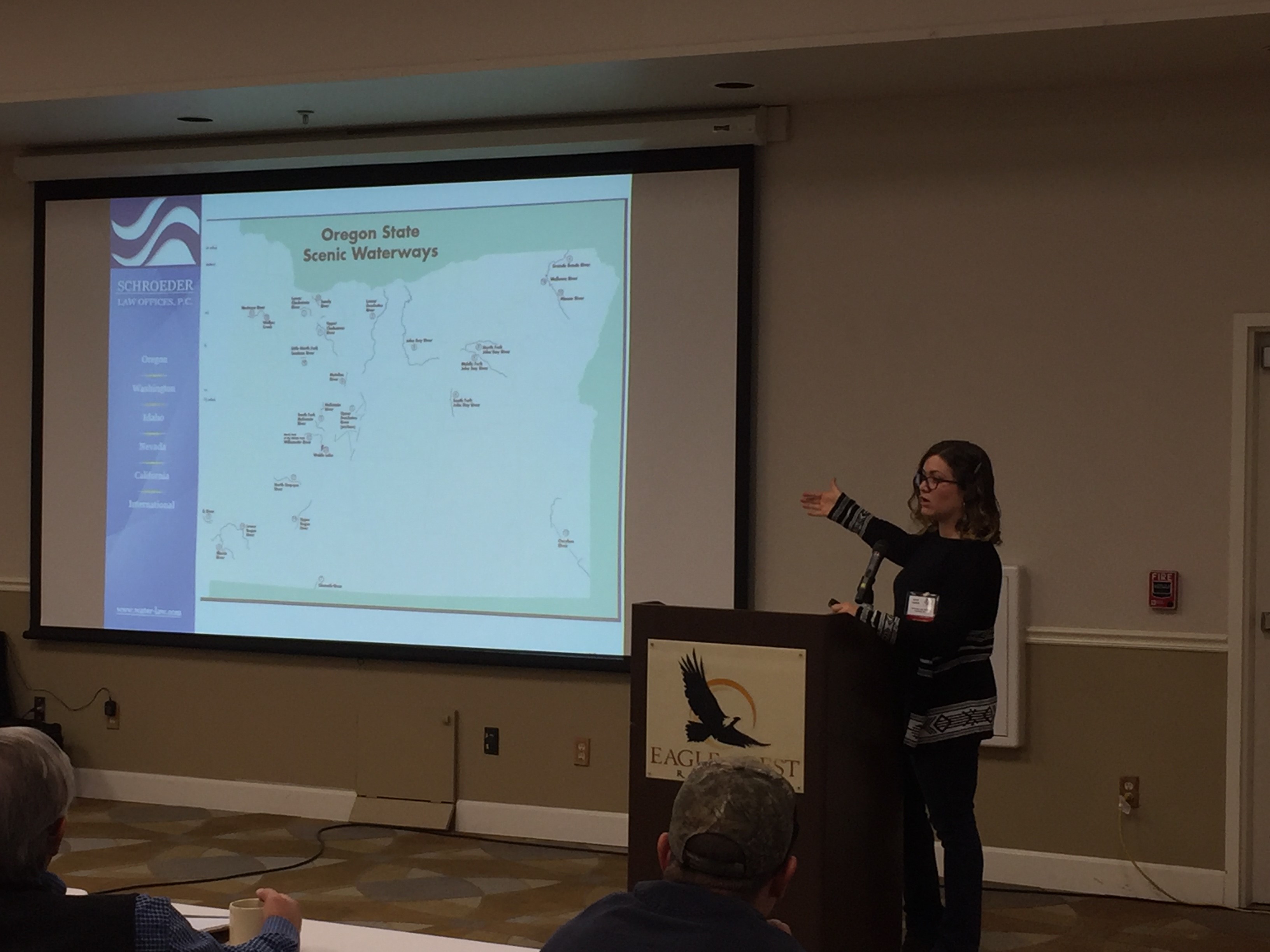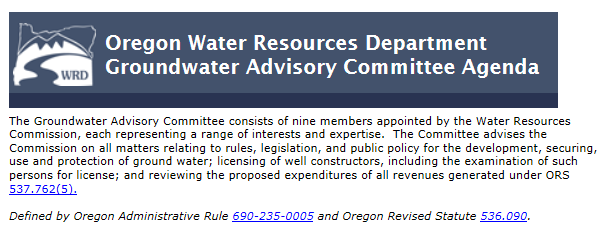The Oregon Water Resources Department will no longer be issuing water use permits for “nursery operations use” in the Willamette, Sandy, and Goose & Summer Lakes Basins. This decision follows a very long history of the Department’s issuance of nursery operations permits all across the State, including these basins. The Department recently decided to read its Basin Program rules in such a way to not allow this popular and pervasive type of use in these particular basins.
Nursery water use permits are different than irrigation use permits. The “default” characteristics of a nursery use permit include year-round water use, a rate equal to one-fortieth cubic foot per second per acre for containerized nursery plants, and a duty of five acre feet per acre per year for containerized nursery plants. By contrast, irrigation use permits are limited to the “irrigation season” that is typically from March through October, one-eightieth cubic foot per second per acre, and two and a half acre feet per acre (depending on the location). Moreover, irrigation use is limited to artificial application of water to plants, while nursery operations use includes use in nursery facilities for much more than direct application to plants (soil preparation, temperature control, application of chemicals or fertilizers, etc.).
The Department’s Basin Program rules may be found at Oregon Administrative Rules Chapter 690 Division 500 and thereafter. Each Basin Program outlines classified water uses that are authorized within the basin, or within particular stream reaches of the basin. None of the Basin Programs specifically classify nursery operations use as an authorized water use. The Basin Programs do, however, classify irrigation and agricultural water use as authorized uses. Nursery use comes under the umbrella of these two types of water uses. As such, the Department issued nursery operations use permits on a regular basis throughout the State.
Division 500 provides definitions that are particular to the Basin Programs that follow. The definition of “irrigation use” in Division 500 is “the use of water for agricultural water use, cranberry use, irrigation, nursery operations use, or temperature control…” However, this definition is limited to specific Basin Programs, excluding the Willamette, Sandy, and Goose & Summer Lakes Basins. As such, Department staff recently informed us that the Department will no longer issue nursery operations use permits in the Willamette Basin. We assume the Department will have the same opinion as to the Sandy and Goose & Summer Lakes Basins. Further, it is possible the Department will also cease issuing cranberry use and/or temperature control permits in all three basins, depending on the specific classifications in the basins.
It will be very important for new applicants in the Willamette, Sandy, and Goose & Summer Lakes Basins to realize the limitations of different types of water uses available to them in different basins, and to clearly articulate all details of the requested water use. In our recent revision of a pending nursery use application in the Willamette Basin, our office drafted the specific water use conditions we were requesting on behalf of our client to ensure no errors occurred during permitting. Costs will also increase if additional fees must be paid to the Department to request multiple uses (such as irrigation and agricultural use) to replace the more “global” nursery operations use applications.
Make sure to stay tuned to Schroeder Law Offices’ Water Law Blog for more news that may affect you!
Update:
At the beginning of 2018, the Department rethought its position with regard to ceasing nursery use permits in the Willamette, Sandy, and Goose & Summer Lakes Basins. The Department resumed issuing such permits as of the date of this update. It is important to realize how agency policy and interpretation can shift over time, affecting water use rights in Oregon. This is a good example of that phenomenon.

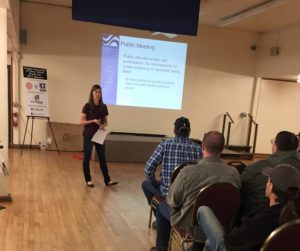





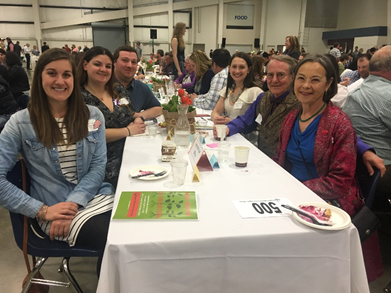

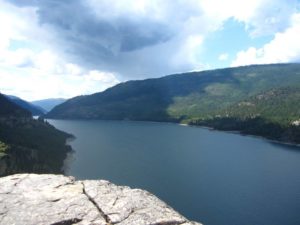

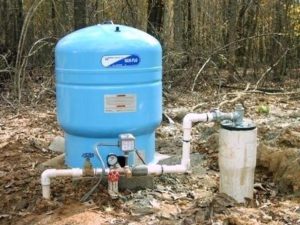

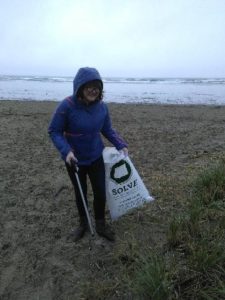

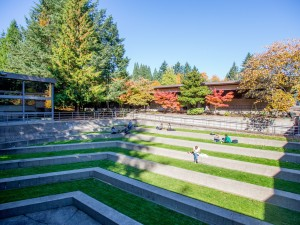



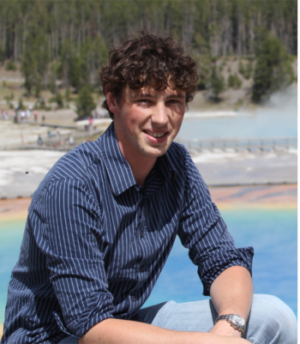


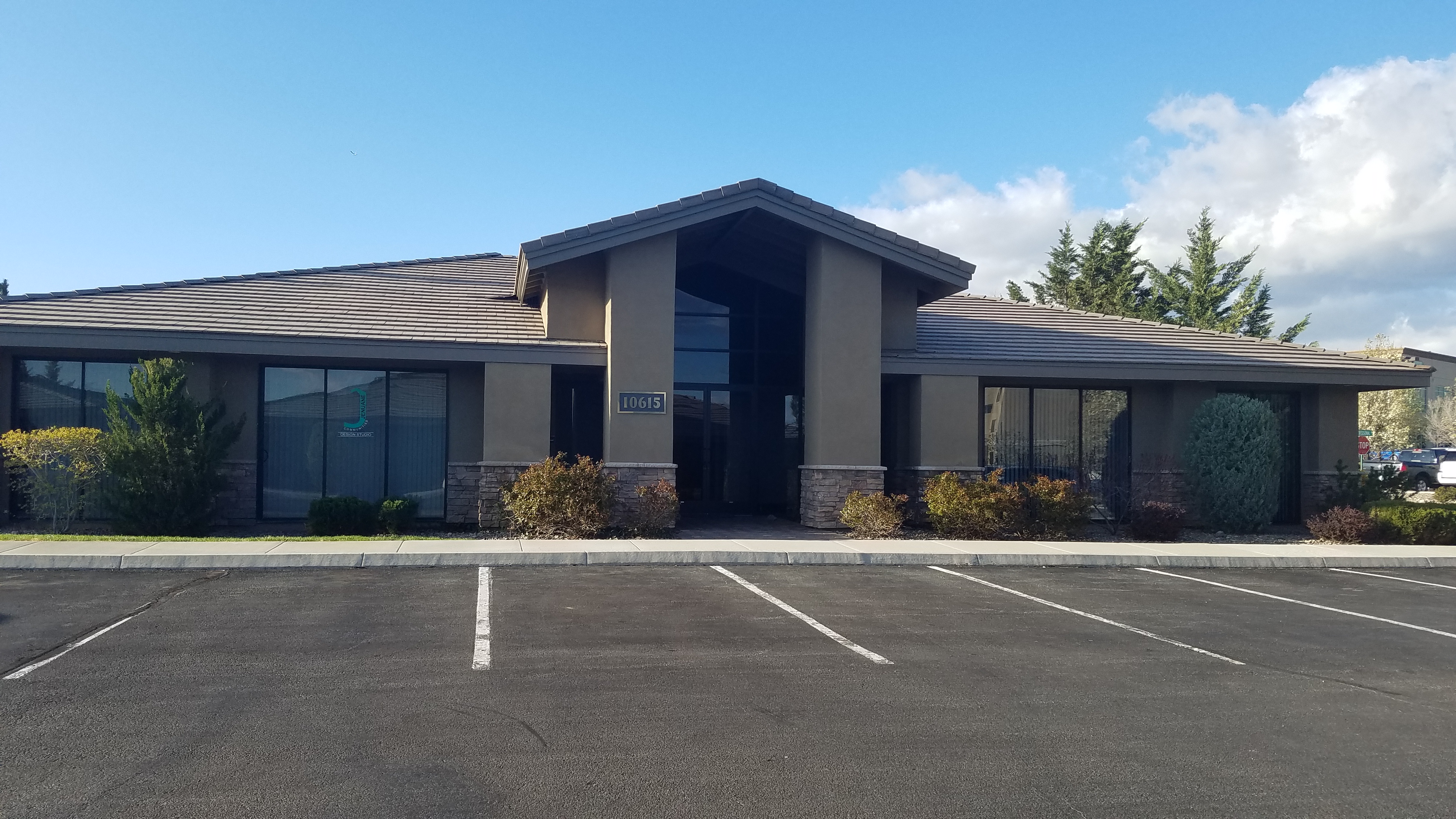 In April 2017,
In April 2017, 







